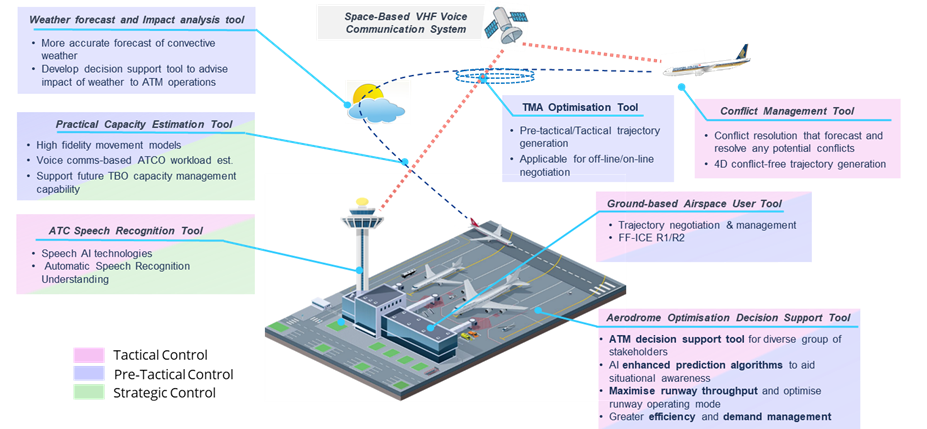Intelligent Transportation Solutions
A*STAR I²R focuses on developing and delivering smart tools based on high-fidelity models and AI techniques to help on current air traffic management (ATM) operations. We aim to assist aviation transformation by introducing smart tools leveraging on richer data to provide better information support for air traffic management systems.

Smart Tools in Air Traffic Management
A*STAR celebrates International Women's Day

From groundbreaking discoveries to cutting-edge research, our researchers are empowering the next generation of female science, technology, engineering and mathematics (STEM) leaders.
Get inspired by our #WomeninSTEM
